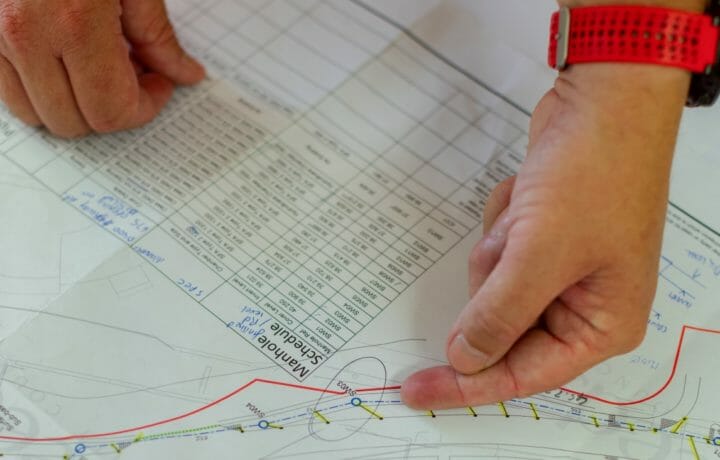Smartphones capable of handling classified information will be a reality soon, according to Michael McCarthy, director of operations, Brigade Modernization Command, U.S. Army Training and Doctrine Command (TRADOC).
Speaking before an audience at the 11th Annual C4ISR Conference and Awards in Arlington, Va, McCarthy gave a progress report on the U.S. Army’s efforts to provide smartphone capabilities to soldiers, at home and on the battlefield.
“If you look at many of the capabilities gaps we’ve identified in the military…the smartphone is the solution for many of those gaps,” said McCarthy.
For soldiers on the field, the ease in being able to pick up a device they’re already familiar with, and take advantage of intuitive applications that save time and effort, makes smartphones a popular battlefield innovation.
Private industry plays a major role in the Army’s smartphone acquisition strategy. McCarthy said they were looking at innovations from companies of all sizes and locations across the country. McCarthy and his team have spent the last year and a half researching smartphone applications, including launching several pilot programs to research solutions as diverse as helping soldiers through training programs to providing battlefield applications.
“The guidance Gen. Chiarelli [vice chief of staff of the Army] gave us was very simple – don’t follow the normal acquisition model,” said McCarthy. Rather than taking months to develop requirements for a unique or new device the Army is looking to Commercial-Off-the-Shelf (COTS) technology. “In today’s operating environment, we don’t have the option to take zero risk,” said McCarthy. “We have to look at acceptable risk levels.”
McCarthy admitted that information assurance is still the most difficult challenge in fielding smartphones, because of the absolute need for them to be able to operate successfully in secure environments. A big part of what TRADOC is currently looking at is how to work with them in classified environments. He said that handling classified information on smartphones will be a reality in the near-term, however.
Lindy Kyzer is the editor of ClearanceJobs.com. She loves cybersecurity, social media, and the U.S. military. She can be found attending cool ISR events like this across the Washington, D.C. area. Have a conference, tip, or story idea to share? Email editor@clearancejobs.com.




